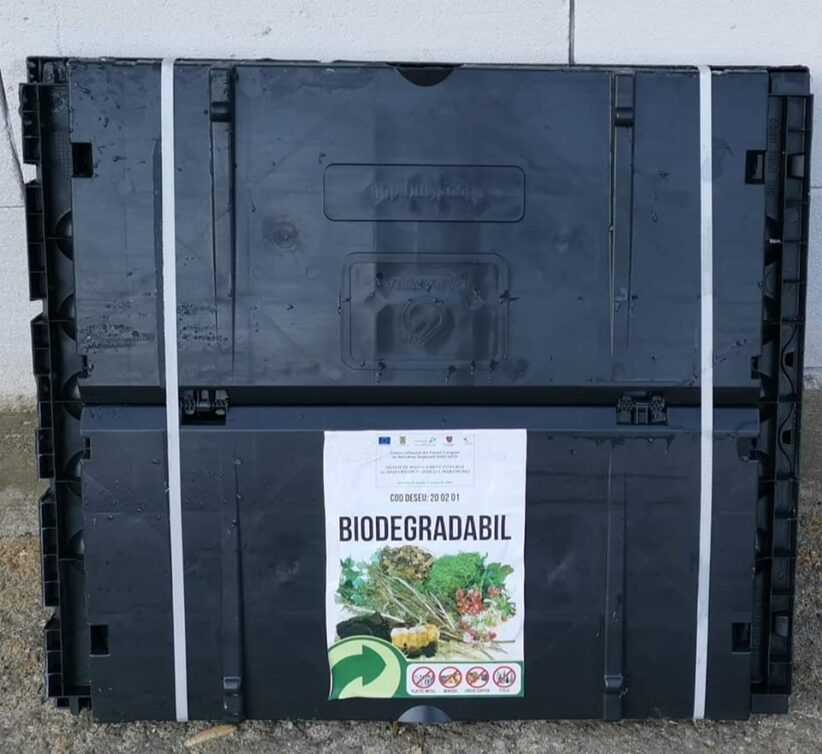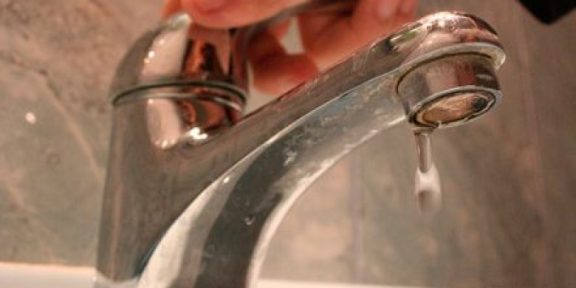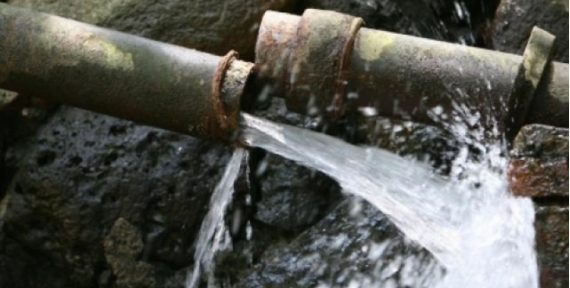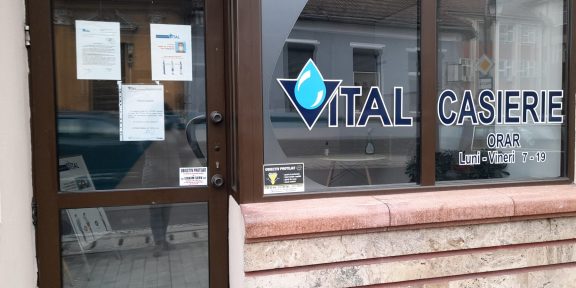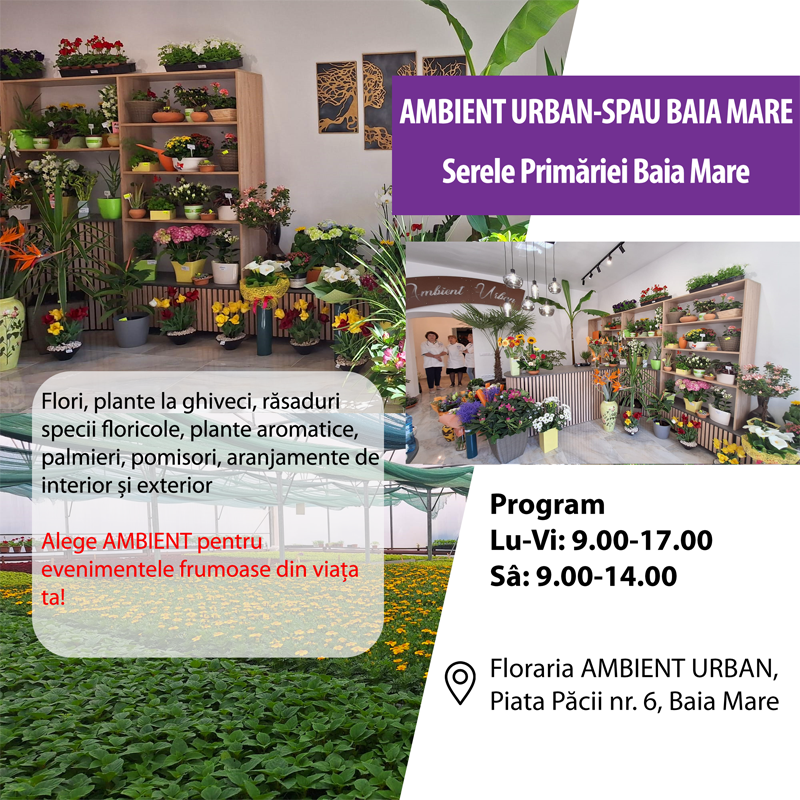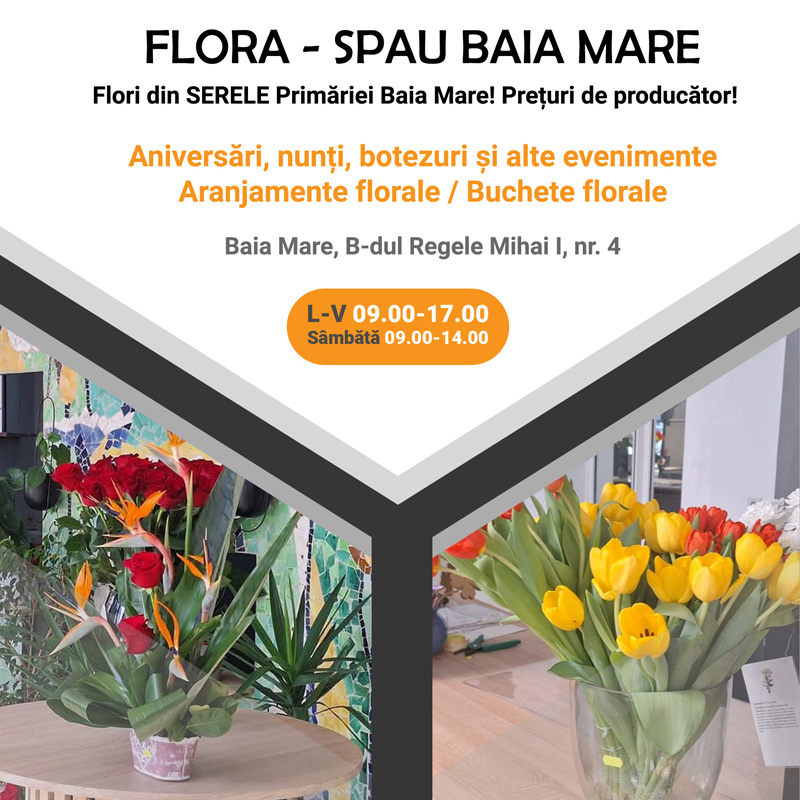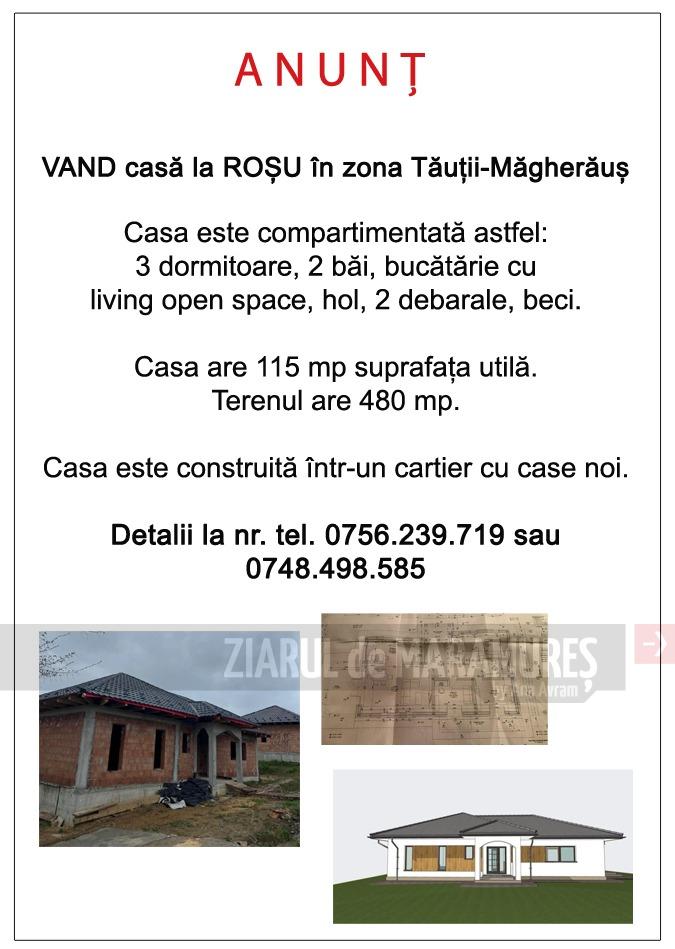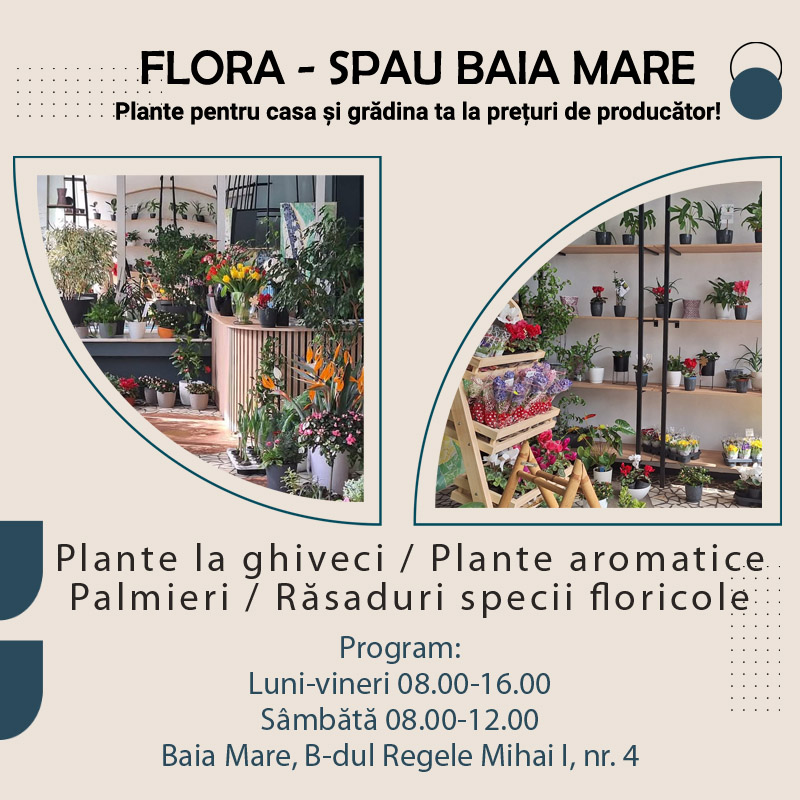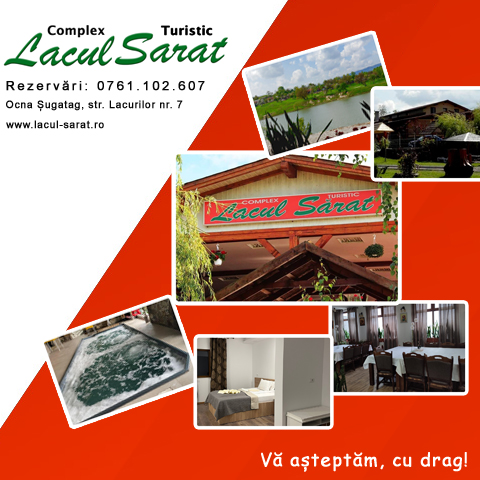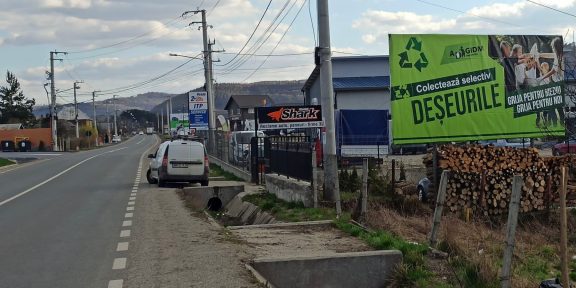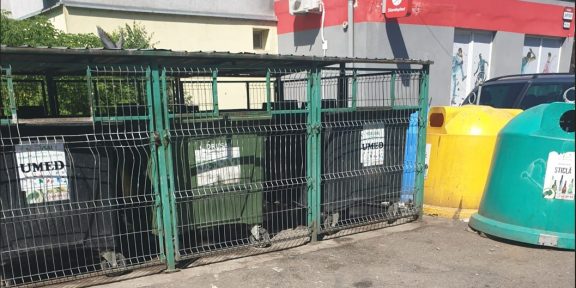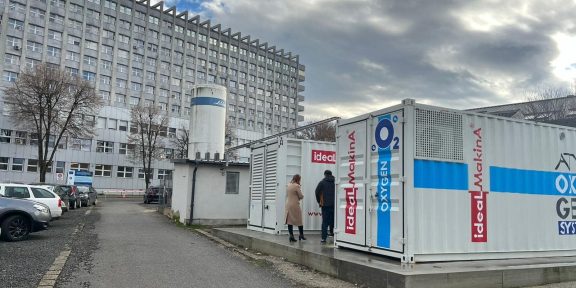Deșeurile biodegradabile sunt în cea mai mare parte de proveniență vegetală (fructe, legume, coji, frunze, flori, haine vechi din fibre naturale etc.).
În zonele rurale se stimulează transformarea acestora în compost (îngrășământ natural), foarte benefic pentru grădini. Până acum, s-au achiziționat 82.785 de compostoare individuale, cu o capacitate de 400 litri. Scopul final este de a devia o cantitate importantă de deșeuri biodegradabile de la depozitare.
În zonele urbane vor fi colectate împreună cu cele menajere în pubele de 1200 litri, respectiv 1100 litri.
De ce e bine să folosim lăzile de compost?
🟢 Reducem semnificativ cantitatea de gunoi menajer colectat pe care îl plătim către operator;
🟢 Colectăm selectiv resturilor organice din gospodărie şi le valorificăm ca resursă pentru îmbogățirea solului;
🟢 Reducem volumul de resturi organice cu până la 25 %;
🟢 Colectăm selectiv resturile alimentare în curtea gospodăriei;
🟢 Procesul de compostare generează o substanță fertilizantă, bogată în nutrienți.



